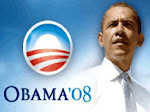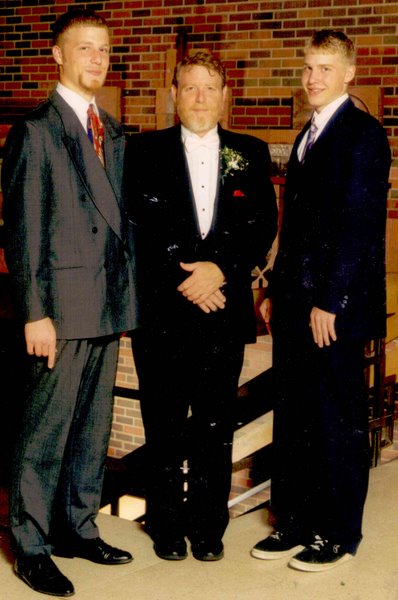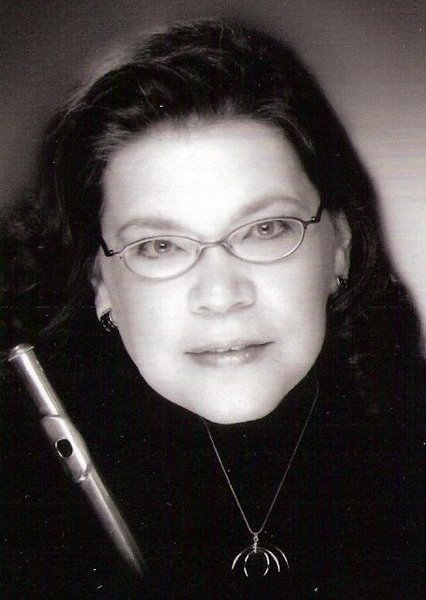Experts: Internet filtering and censorship rife...
Believe the conspiracy theories: Out of sight and without your knowledge, governments truly are filtering what you see on the Internet.
The recent conflict between Georgia and Russia has highlighted many of the issues at play with Internet filtering, as its increasing use by governments raises serious doubts about the freedom of the Web.
Georgian authorities blocked most access to Russian news broadcasters and Web sites after the outbreak of the conflict, and both sides reported Web sites being blocked, removed or attacked as the situation unfolded.
According to one of CNN's iReporters in Georgia, the situation has been very frightening for citizens.
Andro Kiknadze said an online forum he used to organize supporters appeared to have been taken down, and he described a "cyberwar" in which some Web sites appear to be blocked.
"Please, please help us. We are losing our treasure, our freedom. I am almost crying because I'm seeing my country is falling," Kiknadze said.
So, what is Internet filtering, and why all the fuss?
Filtering simply means restricting access, blocking or taking down Web sites.
Karin Karlekar, senior researcher at freedom promoter Freedom House, said there were several ways in which content could be "filtered."
She said governments could use purpose-built filtering technology, censor Web sites, filter search results -- with the assistance of multinational corporations, and block applications and circumvention tools -- to stop online applications like Facebook, YouTube or Voice Over IPs that enable social networking.
And the use of these tactics appears to be quite widespread.
According to a 2007 report by the OpenNet Initiative, which surveyed more than 40 countries, almost two-thirds of the states involved were filtering content to some degree.
Ron Deibert, director of the Citizen Lab at the Munk Centre for Internet Studies at the University of Toronto, said in the research, "states are applying ever more fine grained methods to limit and shape the information environment to which their citizens have access."
"Some states block access to a wide swathe of content, while others tend to concentrate on one or two narrow baskets. South Korea, for example, tends to block access only to sites related to North Korea," Deibert said.
Although countries such as Iran and China -- home to the "Great Firewall of China" -- are obvious examples of where filtering is prevalent, other countries are also restricting content for varying reasons.
Ian Brown, research fellow at the Oxford Internet Institute, said the Internet in some European countries, including the United Kingdom, was also filtered. However, this was mostly to block child pornography and content that incited or glorified terrorism, he said.
Most democracies, and particularly those of the U.S. and India, had unrestricted Internet, though more than 40 countries were known to filter content, he said.
And it's not just governments involved in filtering. Search engine Google has been heavily criticized for working with the Chinese government to block searches for material about Taiwan, Tibet, democracy and other sensitive issues on its Chinese portal.
http://www.cnn.com/2008/TECH/08/21/internet.filtering/index.html?eref=rss_tech
Just read between the lines...
Red Text is the real story hiding between the lines.
Violet Text is a notable quote from a specific blogger.
Blue Text is my own personal commentary.
Gold Text is a link to the original sources.
One word of advice I would offer to everyone who reads this blog;
....Each and every day, take just a moment of your precious time to pray for Peace and Justice.
Violet Text is a notable quote from a specific blogger.
Blue Text is my own personal commentary.
Gold Text is a link to the original sources.
One word of advice I would offer to everyone who reads this blog;
....Each and every day, take just a moment of your precious time to pray for Peace and Justice.








